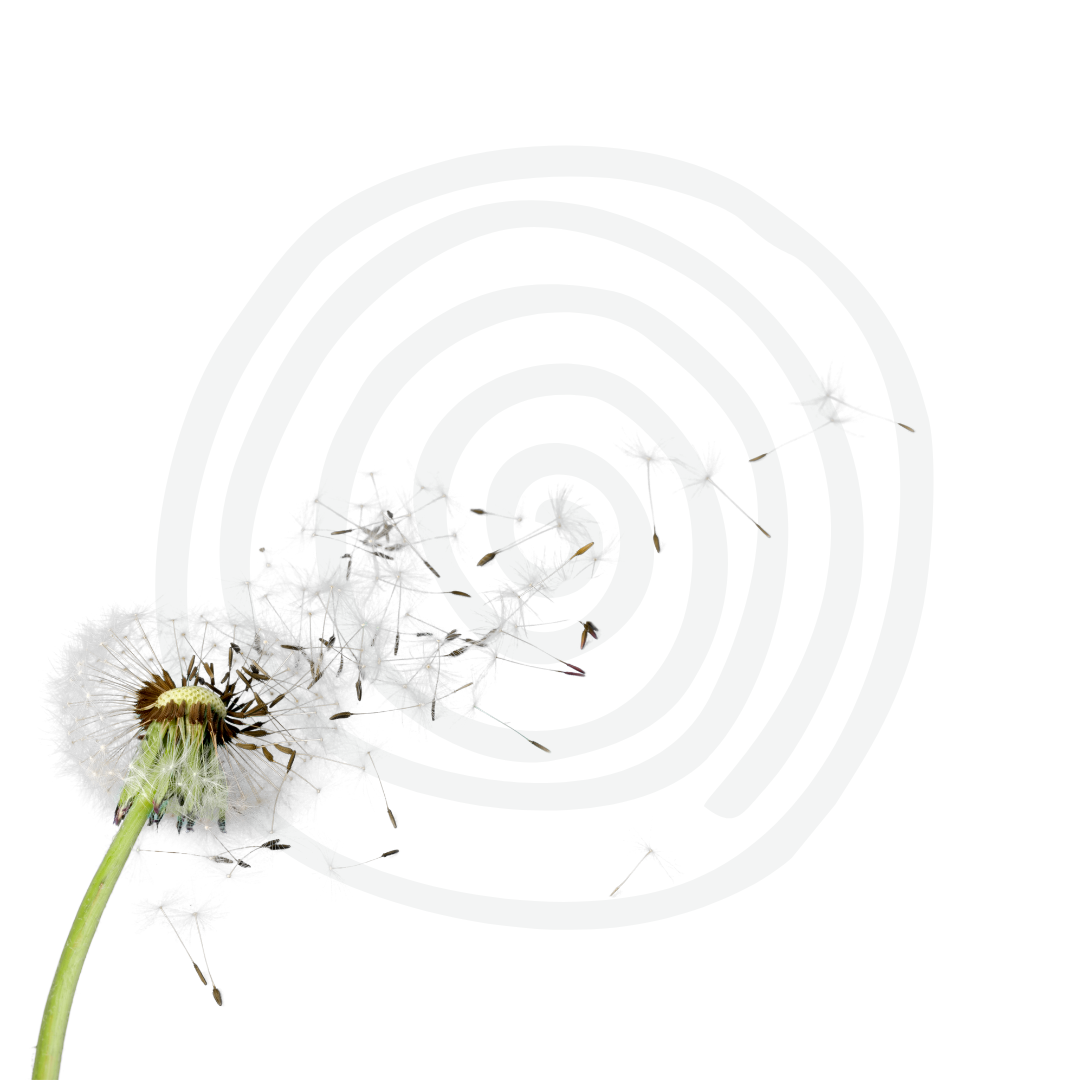- Polysemy
- Posts
- Unforgetting: a practice of responsibility
Unforgetting: a practice of responsibility
Using the imperfect past to ethically shape our futures
“We need to shape better practices of responsibility and memory for our placement in relation to the past, our implication in the present, and our potential creation of different futures.”1
If you have read any of my other pieces since the beginning of this site, you will know that I am riding a wave of ethical and practical considerations rippling out from Alexis Shotwell’s book, 'Against Purity: Living Ethically in Compromised Times’. One concept that fascinates me is that of unforgetting: refusing to ignore the immediacy of the past in our presents. We spend so much time changing, adjusting, and retelling the past, and I believe that to be necessary; what I cannot reconcile is the way in which we pretend that our pasts are not open to interpretation, or viewed through the lenses of now.
It is impossible to tell a neutral story. When I tell the story of my life, I am not going to spend more than three decades recounting every single event, so even if I want to be clear and honest, I am compelled to choose what to tell. I may recount where I spent my early years, where I went to school, and when I moved here or there. Perhaps if I have more time, I may indirectly indicate the class of upbringing I experienced, or pass over some of the major events that shaped me. Yet I am always going to leave something out; there is no other option. The choices we make in telling our past (individually or as a society) shape the way we interpret our present.

The implications may not be vast in one life, but collectively we can—and do—actively work to obscure parts of our pasts that we cannot reconcile with our stories of who we are now. As Alexis Shotwell says:
“We unforget, actively and resistantly, because forgetting is shaped by forces bigger than ourselves. […] We white people might, on some level, like living with annihilated social and historical memories—we might like to think that the present can be innocent of the past that produced it.”2
I do not deny it would be easier not to know many of the events of the past, but as there are real and ongoing impacts to those in our collective present, it is irresponsible to ignore it. Of course, there are ways our education can work to reshape important historical narratives, if we are not taught to ignore them completely. Despite that obstacle, we live in a time with enormous access to knowledge, and most governments have not found a foolproof way of removing access to it. We can actively unforget, and face our uncomfortable histories to fully embrace our present.
This will look different for everyone. For me, growing up in a rural working class school with very few resources in a very white town, I had a lot of work to do to understand my place in a culture that colonized so many others; something not easy to do when I considered myself so separate from that past. I was not there, and I can say with some confidence that my rural and poor ancestors were not heavily involved either; yet this denial ignores the fact that all of us benefit(ed) from colonialism and the oppression of others. Pretending my ancestors were pure and unblemished is disrespectful to the reality of the past—not because they hopped on a boat and joined the transatlantic slave trade, but because if I deny a past so thoroughly, it is psychologically easier to deny the responsibilities of the present.
“If we understand memory as situated in the present, as at least partially collective in nature, as reflecting present interests and needs, and as offering multiple ways “in” to respecting the past, we might begin to do justice to that past in all its relationally constituted richness.”3
The events of the past are complete, finite; our memory and reactions to them are not. Respecting the present means acknowledging its complicated, unwieldy, and impure links to the past. It is not a simple process, and I have no clear steps to how to find your way into it—let alone through it—but recognizing the relationality brings so much more depth to our experience of community, of responsibility, and of transformational justice, that I encourage you to try.
1 Shotwell, A. (2021). Against Purity: Living Ethically in Compromised Times. University of Minnesota Press. Page 8.
2 ibid., page 38.
3 ibid., page 61.